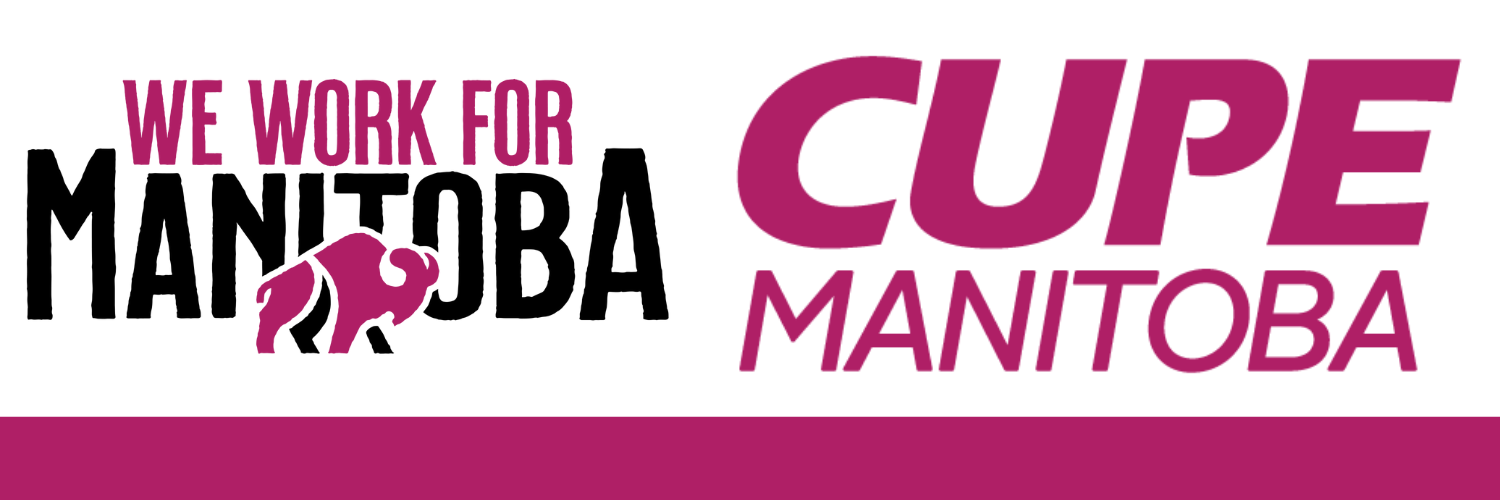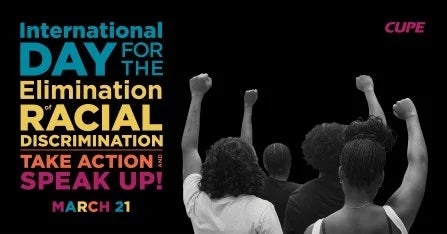In 1966 the United Nations proclaimed March 21 the International Day for the Elimination of Racial Discrimination to honour and remember the victims of the Sharpeville South Africa massacre.
On March 21, 1960, sixty nine peaceful protesters were killed by law enforcement and at least 180 were injured physically. They were peacefully protesting the use of pass laws in South Africa which were very similar to the pass system Canada used to control Indigenous peoples. The victims in Sharpeville South Africa, were Black women, men and children having a peaceful protest. Many were shot in the back as they tried to flee and others were also stabbed by law enforcement as they walked through the bodies laying on the ground.
While the pass system was never actually law in Canada, it was used by Indian Agents and others to restrict the movements of Indigenous Peoples and violated signed Treaties and other agreements. The practice lasted over 60 years. This system supported the government’s actions to stop Indigenous Peoples from gathering in large groups to hold ceremonies such as potlatches, the Sun Dance and other ceremonies. It restricted movement to hunt, trade and sell produce Indigenous farmers had produced.
The pass system required Indigenous people living on reserves to seek approval to leave the reserve and obtain a signed pass that described the terms of their departure from the reserve-including when they could leave, when they had to return and what they were doing. Police could stop Indigenous people while off reserve and ask to see the pass-if it was not produced Indigenous peoples could be jailed. Because the passes were granted at the discretion of the Indian Agent (who were also empowered as Justices of the Peace) and the Indian Act forbid them from hiring a lawyer there was little they could do to resist. If the Agent suspected someone was seeking a pass to visit their children at the Residential school, it would be denied. If a mother wanted to take her children to a nearby town for ice cream, she had to obtain and obey the terms printed in the pass.
In South Africa, colonizers and profiteers saw the pass system as a way to control the movement of Black, Indian and people of colour. They had the responsibility to carry a pass that would state where they could be. If they were found in violation they could be jailed.
The apartheid pass laws ensured colonizers could ensure a steady supply of cheap African labour and stop racialized folks from having metropolitan areas as home.
While the pass system has ended in both countries there continues to be laws, policies and practices that continue to oppress and attempt to control Indigenous, Black and racialized citizens from fully enjoying their rights to movement in their own home countries.
Our workplaces, union and community, for the most part were structured on colonization and white supremacy models and we must continue the fight to end all forms of racial discrimination.
To learn more about the United Nations visit here:
To learn more about the pass system in Canada visit here:
To learn more about the pass system in South Africa visit:
Ending all forms of racial discrimination is the responsibility of us all. CUPE has resources that may be helpful to your Local in taking on the fight within the workplace and the union. Click below to learn more:
- https://cupe.ca/sites/cupe/files/anti-racism_strategy_en.pdf
- https://cupe.ca/sites/cupe/files/truth_and_reconciliation_indigenous_bargaining_guide_en_0.pdf
- https://cupe.ca/sites/cupe/files/reconciliation_guide_eng_final.pdf
On March 21 this and every year, we encourage members to remember those that lost their lives on March 21, 1960, mourn the loss, and make a commitment to take on racism every day and at every opportunity you have.
Let’s all work together and remember the United Nations Principle of Equality!
The United Nations General Assembly reiterates that all human beings are born free and equal in dignity and rights and have the potential to contribute constructively to the development and well-being of their societies.
In its most recent resolution, the General Assembly also emphasized that any doctrine of racial superiority is scientifically false, morally condemnable, socially unjust and dangerous and must be rejected, together with theories that attempt to determine the existence of separate human races.
The United Nations has been concerned with this issue since its foundation and the prohibition of racial discrimination is enshrined in all core international human rights instruments. It places obligations on States and tasks them with eradicating discrimination in the public and private spheres. The principle of equality also requires States to adopt special measures to eliminate conditions that cause or help to perpetuate racial discrimination.
In Solidarity,
CUPE Manitoba – Diversity Representatives
———————————————————————-
References:
https://www.un.org/en/observances/end-racism-day

